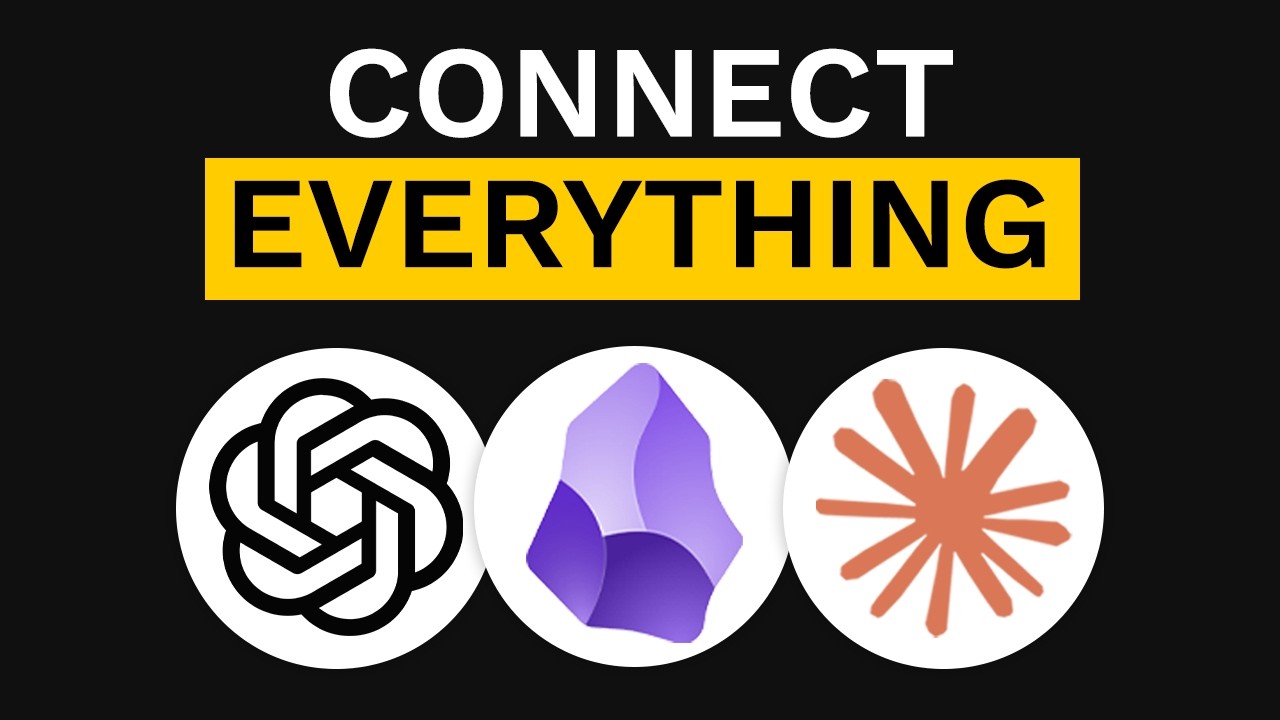The video introduces MEM agent, an open-source tool that provides infinite local memory for AI agents like ChatGPT and Claude by storing all data securely on the user’s device, enabling seamless and private context sharing across multiple AI platforms. It also highlights the setup process, key features like entity management and data filtering, and promotes the creator’s AI developer community for further learning and support.
The video introduces MEM agent, a groundbreaking open-source project that provides infinite local memory for AI agents like ChatGPT and Claude, ensuring complete privacy by storing all data locally on the user’s machine. MEM agent is powered by a 4 billion parameter language model fine-tuned specifically for memory management, context retrieval, and organizing markdown files. It operates through an MCP (Memory Context Protocol) server that connects MEM agent to various applications such as ChatGPT, Claude, Google Docs, LM Studio, and GitHub, enabling seamless reuse of context across different AI tools without compromising privacy.
Setting up MEM agent involves cloning the GitHub repository and using simple terminal commands to install dependencies like LM Studio CLI and the MEM agent itself. The model comes in three versions—4-bit, 8-bit, and 16-bit—allowing users to choose based on their computer’s capabilities. The installation process downloads the model weights from Hugging Face, an open-source AI model repository, making the setup accessible even to those without advanced technical skills. Once running, MEM agent stores all user data as markdown files in a designated local folder, which users can edit manually or through AI-assisted tools like Cursor for efficient context engineering.
One of MEM agent’s key features is its ability to create and manage entities—distinct markdown files representing different areas of a user’s life or projects. This structure allows users to build a comprehensive, infinitely expandable local knowledge base. The video demonstrates how MEM agent integrates with Cloud Desktop (Claude) by configuring the MCP server, enabling Claude to access only the relevant local memory needed for specific queries. This selective data sharing ensures sensitive information remains private and never leaves the user’s device, addressing concerns about AI models potentially reporting or leaking user data.
MEM agent also includes a filtering system that lets users specify information that should never be revealed to connected AI tools. This feature was tested by instructing MEM agent not to disclose company revenue, and it successfully withheld that information while sharing other non-sensitive details. The project supports integration with multiple platforms beyond Claude and ChatGPT, including Google Docs, Notion, and GitHub, allowing users to centralize and control their data across various environments. Despite its powerful capabilities, MEM agent remains relatively unknown and lacks extensive tutorials, but the video creator offers a detailed walkthrough to help users get started.
Finally, the video promotes the creator’s AI developer community, New Society, which offers in-depth training on AI tools like MEM agent, Cursor, and Cloud Code. The community provides exclusive resources, weekly calls, and personalized support to help users become proficient AI-first developers. The creator emphasizes the importance of local data privacy in the evolving AI landscape and encourages viewers to adopt MEM agent as a forward-looking solution for secure, efficient context management across AI applications. The video concludes with an invitation to join the community and a promise of ongoing support for mastering these cutting-edge AI technologies.
